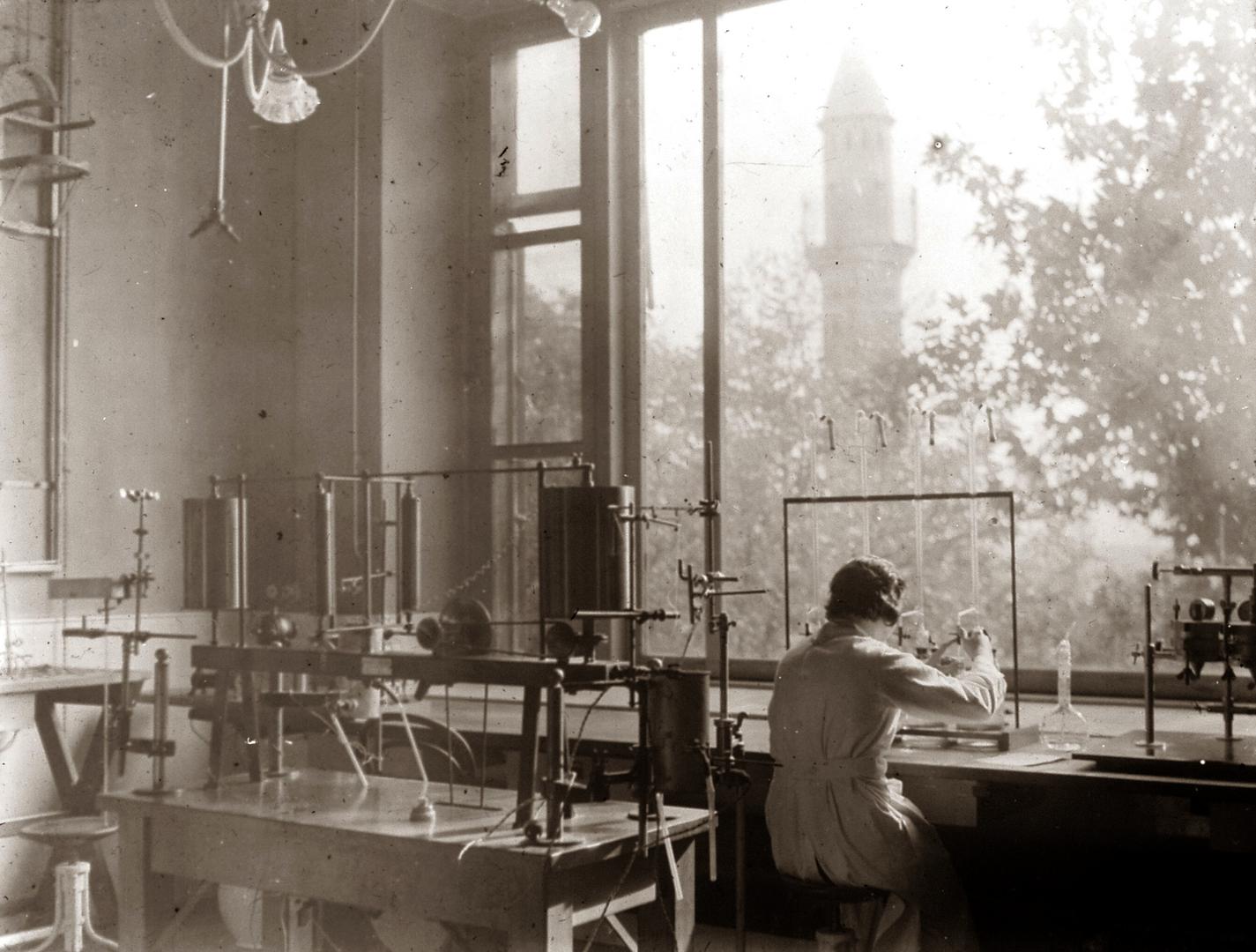Call for Papers: Science and War
Although the history of the relationship between science and war can be traced back to Archimedes, the inventor of the artillery that revolutionised sieges, it became particularly close in the wars that followed the Industrial Revolution. This much closer relationship was made possible by the increasing number of inventors and engineers in European societies since the Renaissance, and by the closer links between the state and science from the 17th century. Whereas in the 18th century, despite the many wars that were being fought, powers did not regularly consult scientists, since the first industrial revolution, in an era of more and more mechanised conflict, politicians and scientists cooperated closely.
The question of the role of sciences during wars has traditionally been approached by historians in terms of military inventions and the development of new weapons, often focusing on chemical warfare in relation to 20th century wars. Indeed, science and technology had to be put at the service of the war effort to such an extent that not only did the destructive power of weapons increase significantly, but also made it possible to target civilians more effectively (Ian F. Beckett, The Great War 1914-1918, Longman, 2001, 158). 20th century wars have also been a turning point in that war itself has been described by contemporaries not only as a military and economic confrontation, but also as a clash of research projects, scientific systems and national cultures and ideologies, too as Jay Winter, Anne Rasmussen, Gerard J. De Groot and Tiago Saraiva, among others, have pointed out. Andrew Donson's book on German war pedagogy (1914-18), or the volume edited by Reinhard Johler and others on anthropology at war, are examples of excellent studies on the relationship between modern war and modern science. Maciey Górny’s Science embattled. Eastern European Intellectuals and the Great War (2019) should also be singled out for its comparison of Eastern European scientific engagement – in some humanities and social sciences – during WW1.
The topic we have chosen to address in the special issue of Central European Horizons is to answer the question of how scholars and scientific communities in the Central European region were involved in the so-called war effort in the 19th–21st centuries. Scientific institutions and bodies played an important role in nation-building in the 19th century and were funded by the state or elites, and then became increasingly autonomous from the last third of the 19th century. How did these cooperate with the state in wartime? Were there institutions or research projects set up specifically to serve the war during the conflict? What rhetoric and discourse did they have and how did they legitimise themselves? Another important question is: in what ways was the region's scholarship similar to or different from that of Western Europe or the Western world during a given war? Was the military-industrial complex only a Cold War phenomenon, or did it exist before the Cold War, and what was the role of science and the scientific institutional system in it?

Another relevant question is, how the various disciplines (from the humanities to life sciences and real sciences) responded to war beyond the direct application of science in warfare (as exemplified by the improvement of combat equipment and breakthroughs in medicine) . In this thematic issue of Central European Horizons, we are primarily interested in whether and how different disciplines have 'benefited' from the issues raised by the armed conflicts and, if so, how they have reflected on this. For example, from what position and thanks to which discursive strategies did the scientists themselves argue for their involvement in the war? How did they deal with the question of international scholarship and the internationality of science, which in a war situation can be – albeit temporarily – easily called into question. The tradition of nationalist instrumentalization of certain disciplines (especially of the humanities) is as old as nation-building. However, other motives must also be taken into account: the zeal of scientists in the total wars of the 20th century was also due to the general belief that the subordination of science to war could decide the war sooner and thus save lives (the question of the use of the atomic bomb is a good example). It is also a novelty that in the 20th century the scientist is no longer seen in society as a specialist in his or her narrow field, but also as a public figure, with values that influence individual and collective behaviour, and that his/her involvement in war therefore goes beyond his/her field.
We are therefore looking for studies that focus on the complex processes of the involvement of scientists and scientific communities in Central Europe, and that explore the interaction between war and academic life in its entirety.
Our e-journal titled Central-European Horizons/Közép-európai Horizontok, which is published in Hungarian and English and has an ISSN number, is currently accepting submissions for a thematic compilation that aligns with the topics mentioned above. We welcome abstracts of up to 2000 characters that include a short description of sources, the methods used and the expected results. Please send your abstracts to the following address by 1 June 2024: info@horizontok.hu. The editorial team will evaluate the submission by 1 July 2024. The prospective deadline for submitting complete manuscripts is 30 September 2024. We would encourage you to keep the texts to no more than 30,000 n). Please adhere to the Chicago Style citation format when preparing the manuscript. If you have any further questions, please contact Eszter Balázs via balazs.eszter@uni-nke.hu